A US District Judge ordered the largest freight railroad network, BNSF Railways, to pay $400 million to the Swinomish Tribe in Washington state.
The court found that the company intentionally trespassed on protected land when it repeatedly ran 100-car trains carrying crude oil across the tribe’s reservation without permission.
The Court Case

Last year, US District Judge Robert Lasnik ruled that the railway deliberately violated the terms of a 1991 easement with the Native American Tribe, which lives north of Seattle.
Earlier this month, a judge conducted a trial to determine how much profit BNSF made by trespassing from 2012 to 2021, and how much BNSF should pay.
The Unexpected Increase
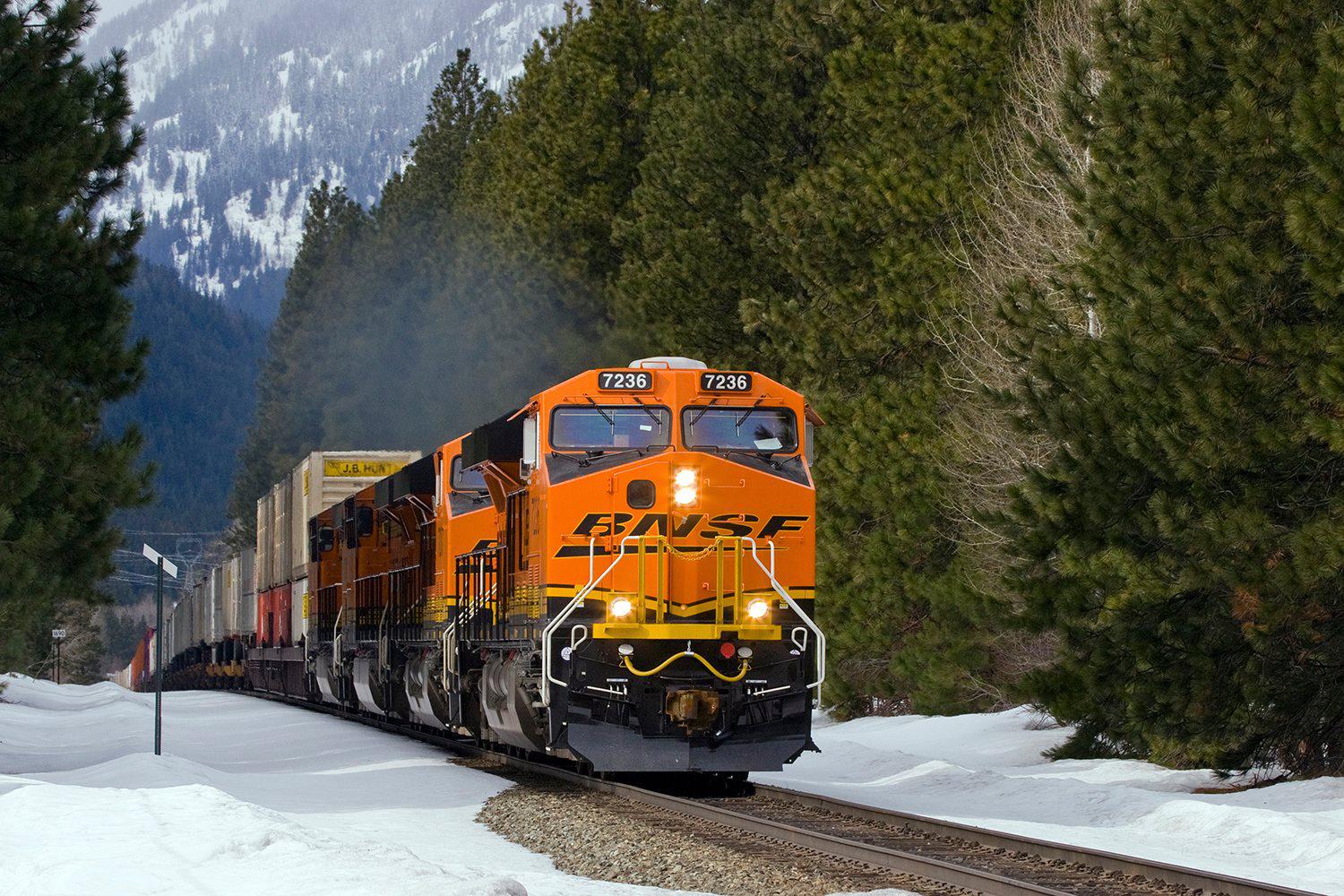
The tribe of nearly 1,400 members sued in 2015 after BNSF dramatically increased the number of cars it was running across the reservation without the tribe’s consent. This increase allowed BNSF to ship crude oil from the Bakken Formation in and around North Dakota to a nearby refinery.
The route crosses over sensitive marine ecosystems along the coast where the water connects with the Salish Sea. The treaty protects this area so that the tribe can fish.
Concerns Around the Increase in Cars

The tribe has a right to be concerned over the growing number of train cars carrying Bakken oil. While this type of oil is easier to refine into the fuels we use at the gas pump, it ignites more easily.
This is the type of oil that the train cars that exploded in Alabama, North Dakota, and Quebec were carrying.
The Threat to Protected Land
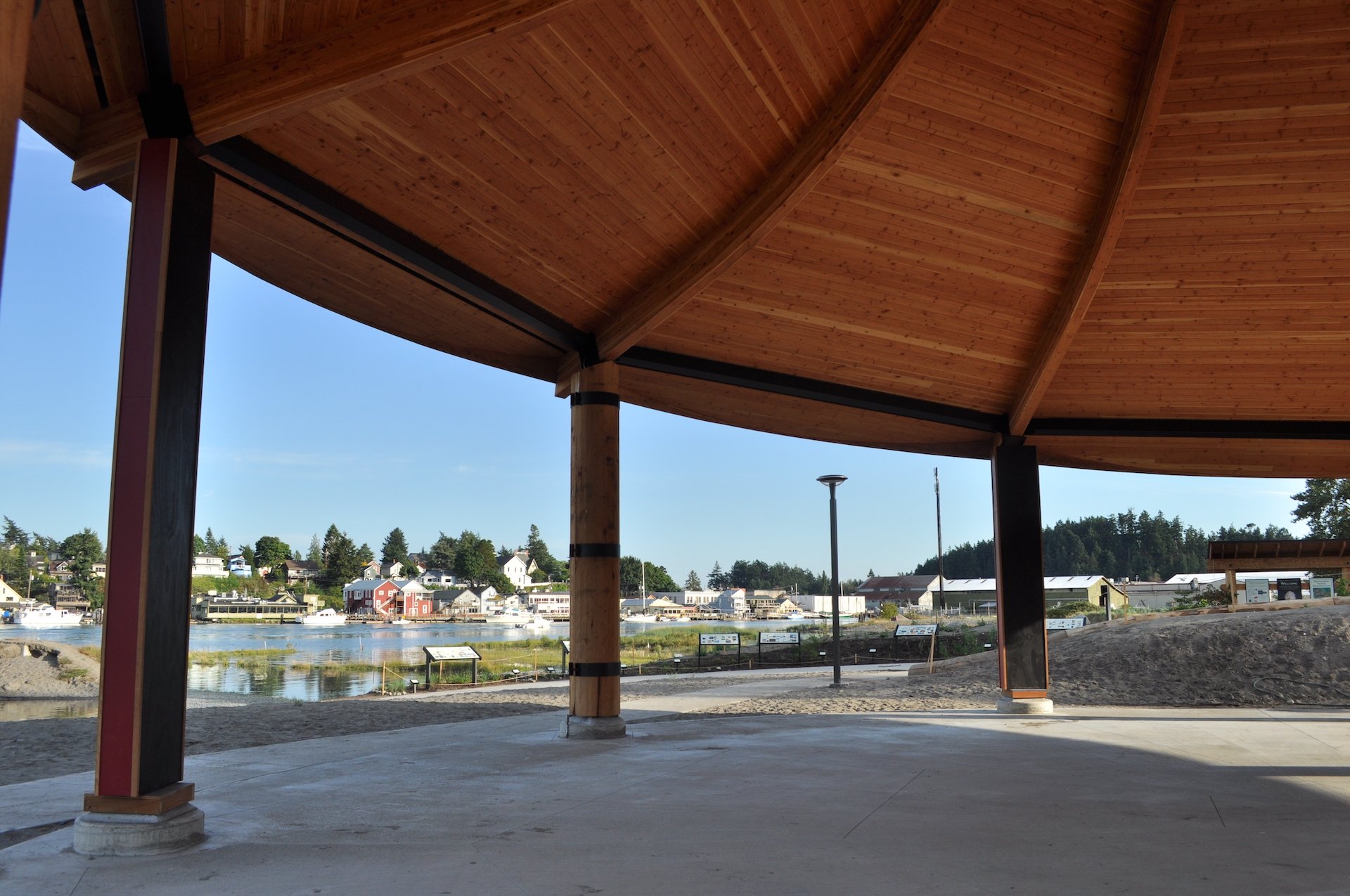
Despite a federal agency warning back in 2014 that the oil has a higher degree of volatility than other crudes in the US, BNSF has continued to carry the oil, leading to more recent disasters.
Last year, two BNSF engines derailed on Swinomish land, leaking an estimated 3,100 gallons of diesel fuel near Padilla Bay.
Settling the Dispute

In the late 19th century, settlers laid tracks through tribal land without obtaining consent from the tribe. The Swinomish Tribe sued over alleged decades of trespassing in the 1970s, only to have the litigation settled in 1991.
The tribe granted an easement allowing limited use of the tracks, which restricted the rail traffic to one train of 25 cars per day in each direction.
The Responsibility of BNSF
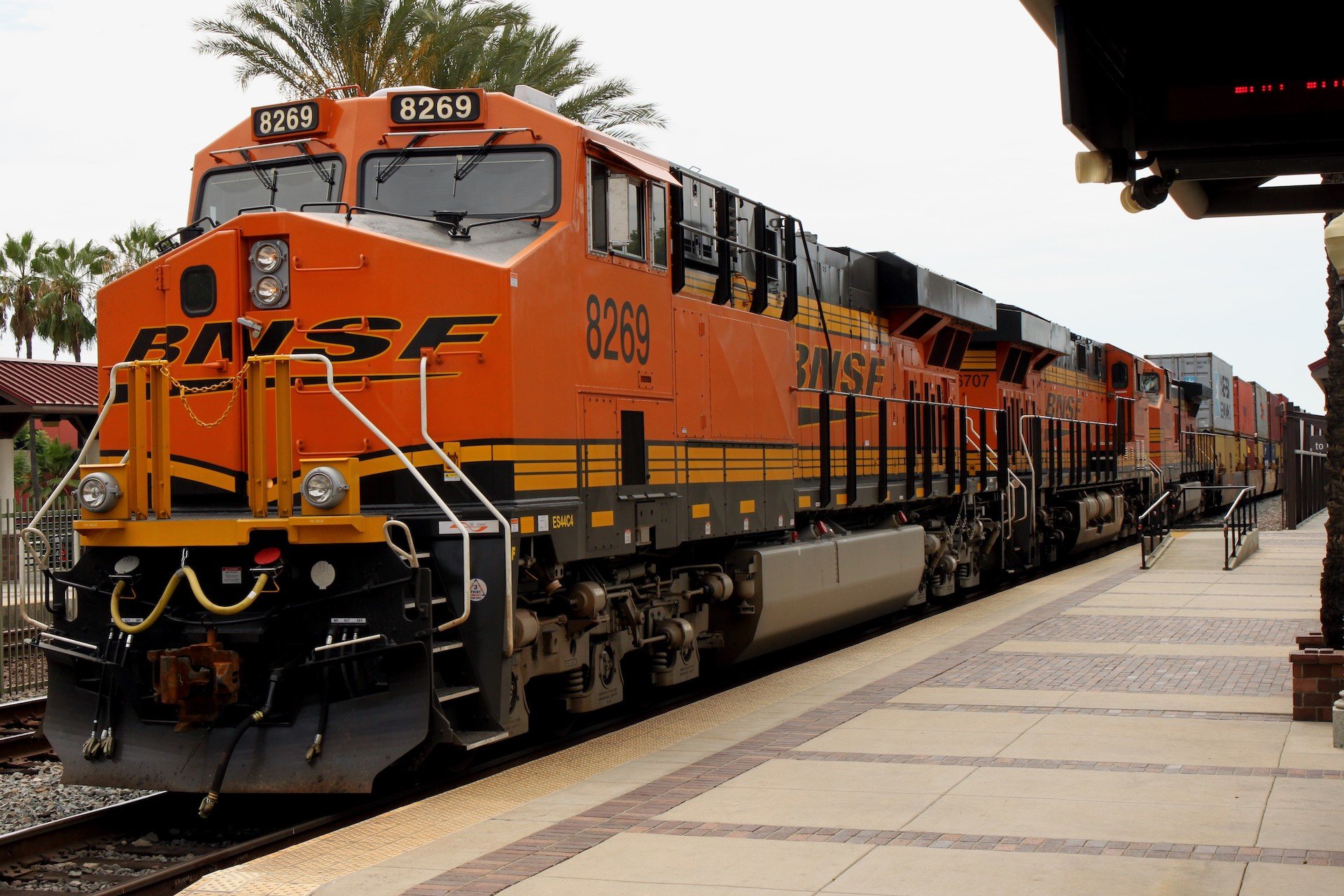
Limited by these set rules, BNSF also had to tell the tribe about the ‘nature and identity of all cargo’ that crossed through the reservation.
According to the deal, the railroad company could request an increase in the number of trains or cars, and the tribe would not arbitrarily withhold permission.
Breaking the Agreement
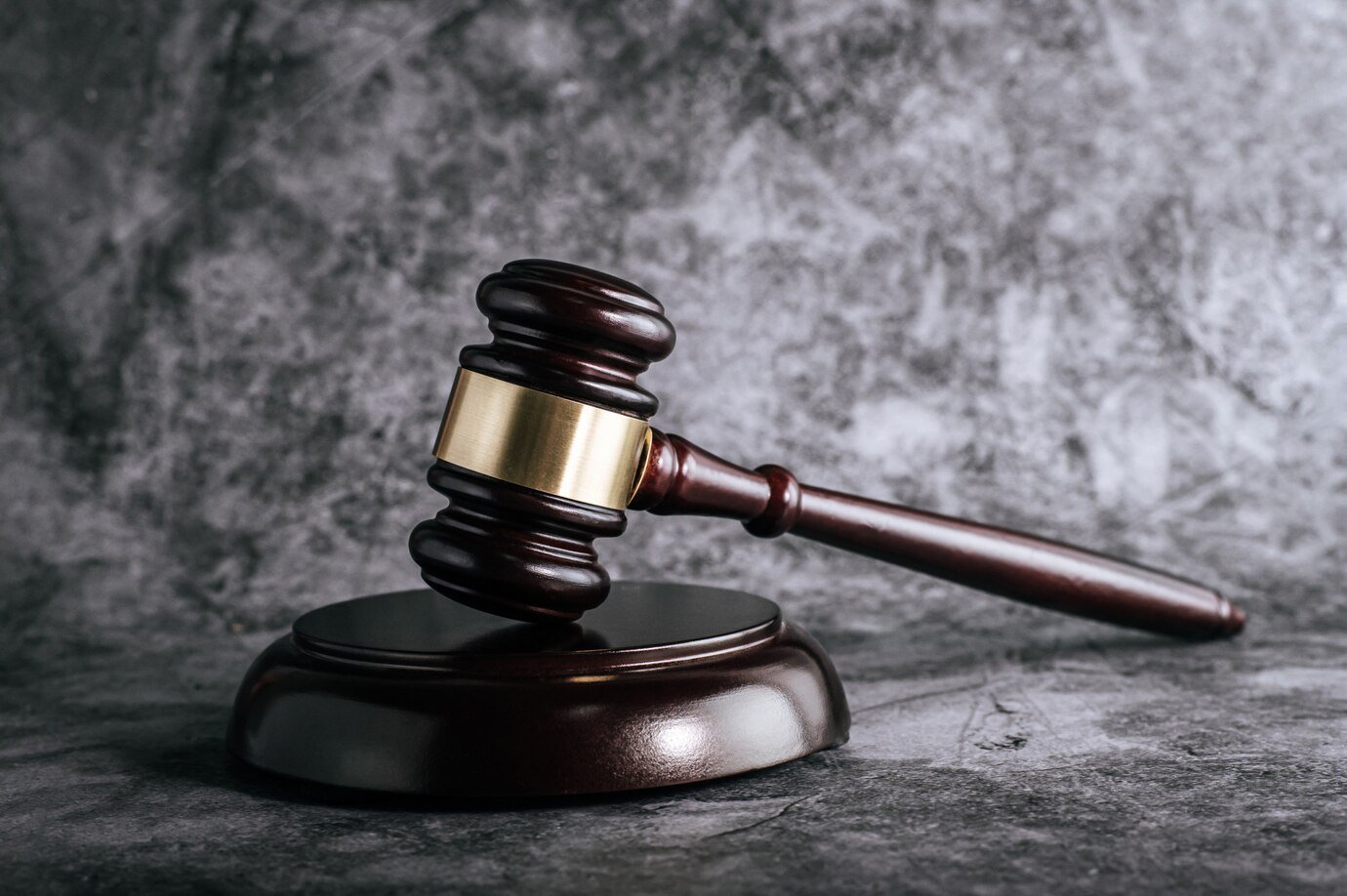
Freepik
After learning through a 2011 Skagit County planning document that a nearby refinery would start receiving crude oil trains, the tribe expected to receive a request from BNSF to increase the number of cars per day.
A year later, the tribe received information from BNSF addressing the current track usage.
No Agreement Was Ever Made

The Swinomish Tribe and BNSF discussed amending the agreement; however, “at no point did the Tribe approve BNSF’s unilateral decision to transport unit trains across the Reservation, agree to increase the train or car limitations, or waive its contractual right of approval,” Lasnik said in his decision last year.
According to Lasnik, BNSF failed to update the Tribe about the contents of the cargo and increased the number of trains and cars without permission or a written agreement.
The Four-Day Trail
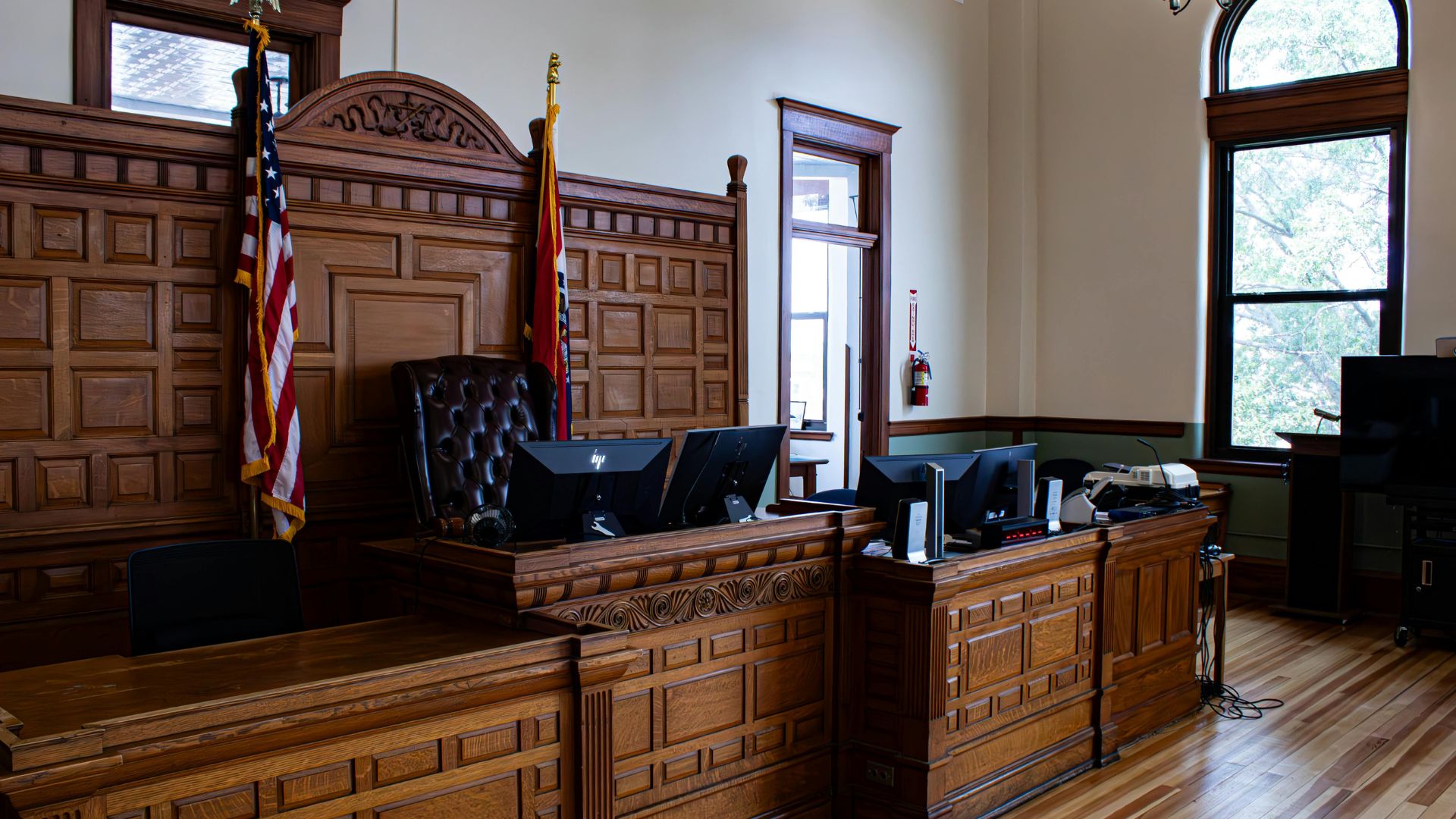
The four-day trial aimed to furnish the court with details and expert testimony regarding the agreement between the tribe and the railroad company, assisting the judge in navigating the complex agreement that took nearly 20 years to craft.
Additionally, the trial calculated how much “ill-gotten” profit BNSF should disgorge, which Lasnik determined to be $362 million, with an additional $32 million in post-tax profits.
Pay Up, Trespassers
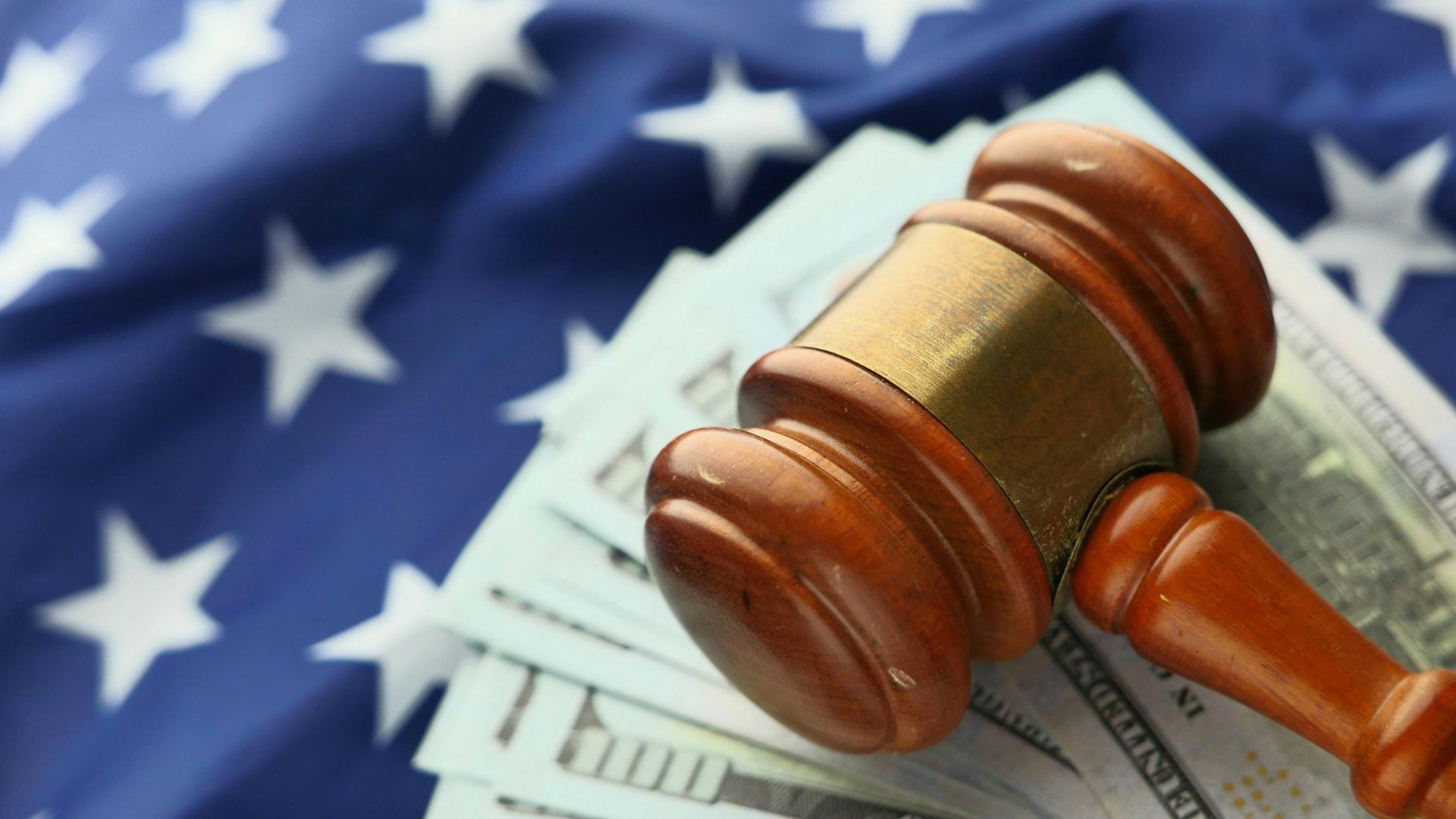
“We know that this is a large amount of money. But that just reflects the enormous wrongful profits that BNSF gained by using the Tribe’s land day after day, week after week, year after year over our objections,” Steve Edwards, chairman of the Swinomish Indian Tribal Community, said in a statement, (via the Associated Press).
“When there are these kinds of profits to be gained, the only way to deter future wrongdoing is to do exactly what the Court did today—make the trespasser give up the money it gained by trespassing.”
Will BNSF Pay?

The judge wrote that he believes BNSF made more than $32 million in post-tax profits, which includes investment income, suggesting the total should be hundreds of millions of dollars.
However, the sum in payment is large enough that the tribe believes BNSF will appeal the ruling.








































